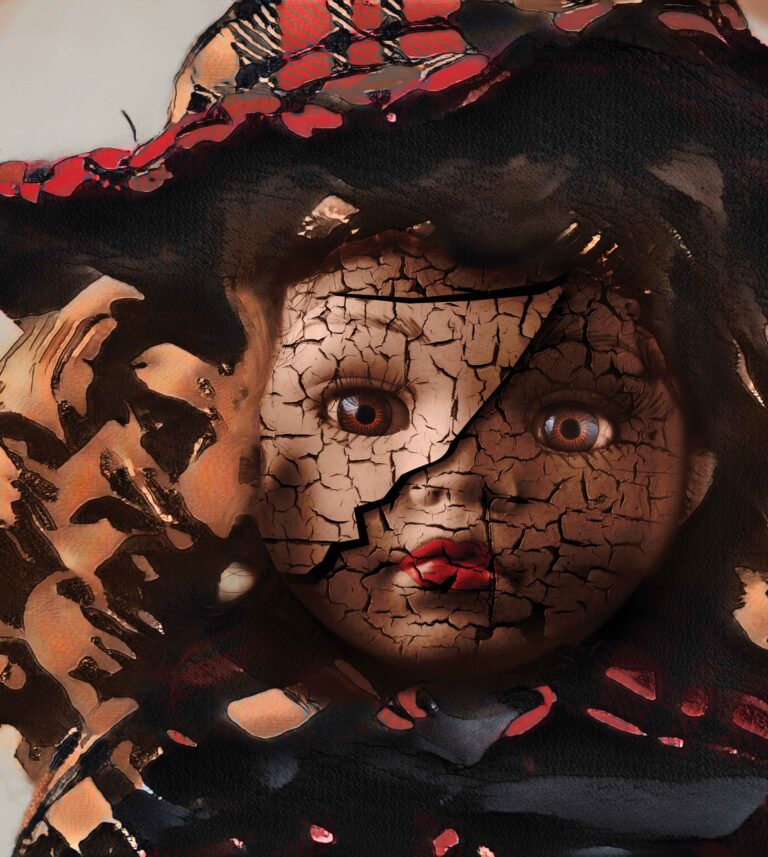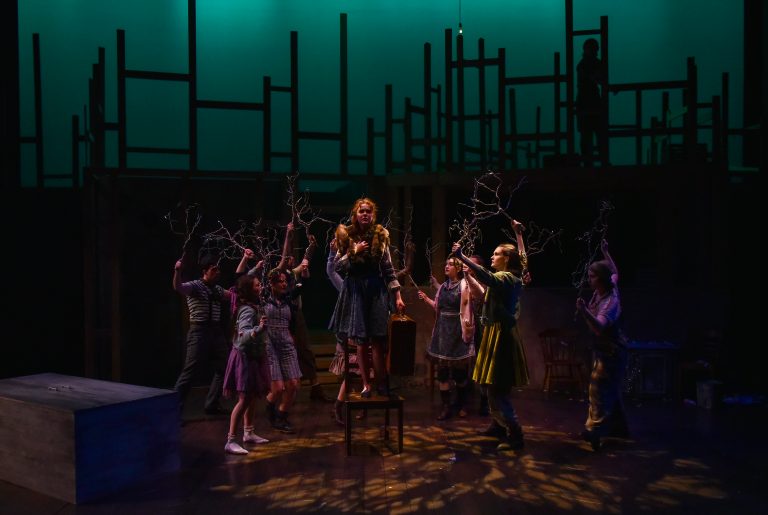In here, life is beautiful…
by Marissa Friedman and Rainier Pearl-Styles, Dramaturgs of CABARET
Originally produced on Broadway in 1966, Cabaret is just as poignant as ever. For all its grit and glamor, at its center, Cabaret presents a devastating criticism of political and cultural apathy.
Taking place during the waning years of the Weimar Era, we are safe within the confines of the decadent, if seedy, Kit Kat Club, a place where intersectional identities not only exist, but are celebrated. Queer, Black, Jewish, non-conforming – all are welcomed. Outside, a maelstrom is forming, fomented by the economic instability and devastation lingering from Germany’s defeat in World War I.
Spanning from November 1918 to March 1933, the short-lived Weimar Era is associated with a vibrant urban life, cultural diversity, a commitment to democracy, and new, exciting artforms: Bauhaus art and architecture, the expressionist films of Fritz Lang, Bertolt Brecht’s theater, and, above all, cabaret culture. This flourishing allowed for Berlin to solidify an identity as an international metropolis, a liberal bastion to rival Paris as the arts and entertainment mecca.
Cliff, an American writer, arrives in Berlin in the winter of 1930-31 just as unemployment reaches almost 4 billion in Germany alone. He meets the British chanteuse Sally Bowles, and others at the Kit Kat Club and Fräulein Schneider’s boarding house, where he is rooming. The charismatic Emcee of the Kit Kat Club becomes the lens through which Cliff writes his novel. It is through Cliff’s eyes that we, as outsiders invited in, see the chipping away of the veneer and the terrifying rise of totalitarianism. As the impending doom converges, too many remain in denial of anything happening beyond the Kit Kat Club, where life remains beautiful. “Politics? But what has that to do with us?” Sally remarks as Cliff urges her to see the threat of Nazism.
It is the answer to this question that often eludes us: what does it have to do with us? All too often the answer is nothing… as long as the chaos remains outside the cabaret doors. The beauty of the hedonistic and carefree Bohemian life becomes a facade, masking the rot at the core of a rising nationalistic identity.
What is our responsibility to others, and ourselves, in the face of adversity?




